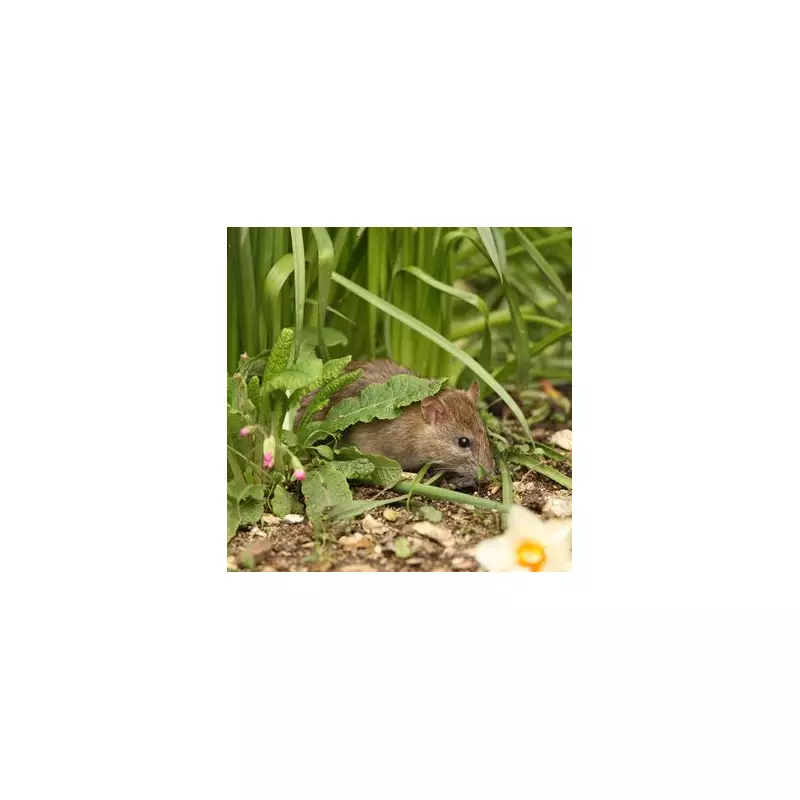
British gardeners have discovered a natural and surprisingly beautiful solution to one of their most persistent problems: rat infestations. According to pest control experts, certain common plants act as powerful deterrents to rodents, creating an invisible barrier that keeps your garden safe.
The Power of Scent: Nature's Rat Repellent
Rats possess an incredibly sensitive sense of smell, which makes certain aromatic plants particularly effective at keeping them at bay. Mint stands out as one of the most powerful natural repellents available to gardeners.
"The strong scent of mint overwhelms rats' sensitive noses and acts as a powerful deterrent," explains pest control specialist James Lott. "Planting mint around the perimeter of your garden or near potential entry points creates a natural barrier that rats are reluctant to cross."
Beyond Mint: Other Garden Guardians
While mint leads the charge against rodents, several other plants join the fight:
- Daffodils: These cheerful spring flowers contain lycorine, a toxic compound that rats instinctively avoid
- Lavender: While humans find the scent calming, rats are repelled by its strong aroma
- Garlic and onions: Their pungent odour makes them excellent natural deterrents
- Marigolds: These bright flowers emit a scent that rodents find unpleasant
Strategic Planting for Maximum Protection
Experts recommend creating a "defensive perimeter" around your property by planting these repellent species in key areas. Focus on spaces where rats might enter, such as gaps in fencing, near compost bins, or around sheds and outbuildings.
"The goal is to make your garden less attractive than your neighbours'," advises Lott. "Rats will typically take the path of least resistance, so if your property presents too many olfactory challenges, they'll move elsewhere."
Why Natural Solutions Matter
Beyond being cost-effective and environmentally friendly, plant-based deterrents avoid the risks associated with chemical repellents and traps. They pose no danger to children, pets, or wildlife, while simultaneously beautifying your outdoor space.
This approach represents a shift toward working with nature rather than against it, creating gardens that are both beautiful and functionally protective against unwanted visitors.
As summer approaches and gardens become more active, implementing these natural strategies could mean the difference between a rat-free sanctuary and an ongoing battle with rodents.





